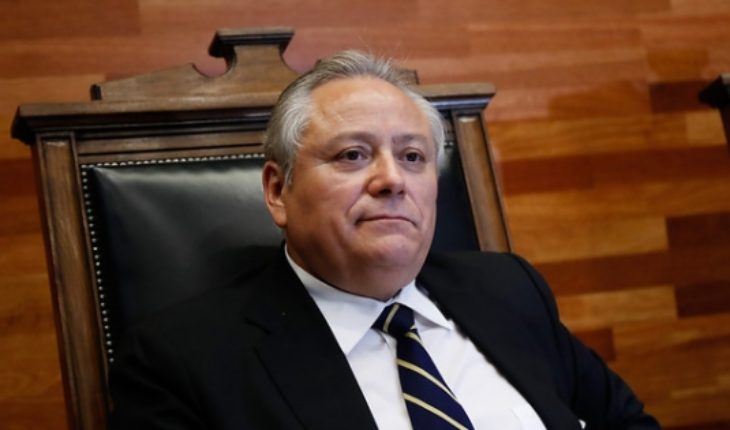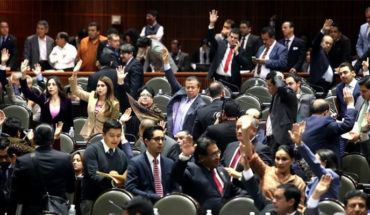Iván Aróstica has starred in a controversial management under the command of the Constitutional Court (TC). The suspension of human rights cases – a practice that has become customary – and successive resolutions reinterpreting the laws issued by Congress have generated widespread rejection in opposition and citizenship.
However, the president of the TC defended on Tuesday the role of the agency, in an activity in which he received managers of the Constitutional Court of Spain to visit the country. “Public scrutiny of judges’ decisions is not only adetable, we have said it repeatedly, but also very necessary. Repeat, fundamental. The discussion will always be valuable in retrospecting academics, from enlightened people,” Aróstica said in a speech that lasted 25 minutes.
The chair of the TC added, “Probably the courts of justice and the magistrates are still a long way from delving into the growing standards of discussion and transparency required by the social body.”
“We are no longer only being asked to know clearly what decisions we make and what we resolve in our rulings, but also the citizenry expects us to provide complete information about how we came to these conclusions and what elements of judgment we had in account to decide how we decide,” he supplemented.
He stated that “transparency, however, has nothing to do with the kind of disqualifications that social media and some media sometimes take to condemn, often from prejudice, sometimes from fierce vehemence and particularia, not infrequently from ignorance and often from political opportunism, the work of the courts.”
Questions
Ivan Aróstica’s words come in the midst of a series of questions on the role of the TC, an instance that has even been described since Congress as a “third Chamber,” a concept he rejects and which he in fact describes as a “very old slogan.”
Just on Monday, the questioned president self-assigned the First Chamber that heads the hearing of an emblematic case of crimes in dictatorship. It is a case involving Carmelo Soria, a Spanish diplomat tortured and killed by the DINA in July 1976.
Other of the controversial decisions made by the TC had to do with the request put forward by Chilen parliamentarians Going against the project that raises the demands to qualify for the benefit of parole for human rights violators.
While the TC dismissed two of the official claims and maintained the original thesis of the draft that convicts must have two-thirds of the sentence and have worked substantially with the research to access the benefit, in a split ballot declared the requirement of repentance unconstitutional for human rights violators to obtain parole.
However, Aróstica defended the work of this court: “Our role is not to negotiate or balance beliefs. Our job is to apply the fundamental charter. For the same reason, I am one of those who think that the efforts we can make will never be entirely enough to explain to the public the precise and strict area in which we develop our work.”
translated from Spanish: Acrostica in its law: justifies the role of the Constitutional Court even if it generates “protests or rejections”
July 30, 2019 |





